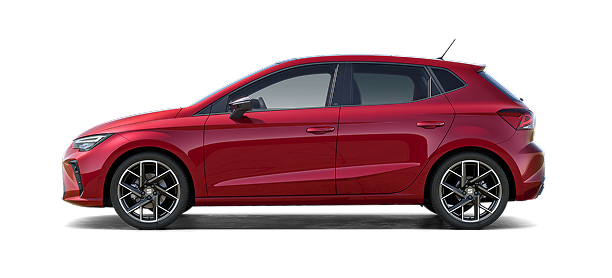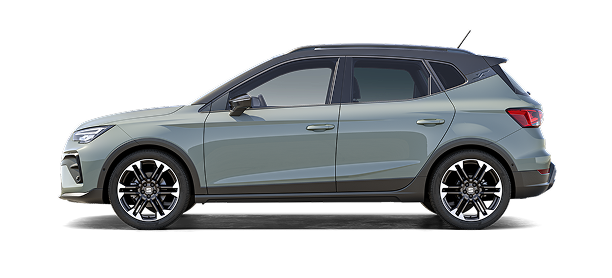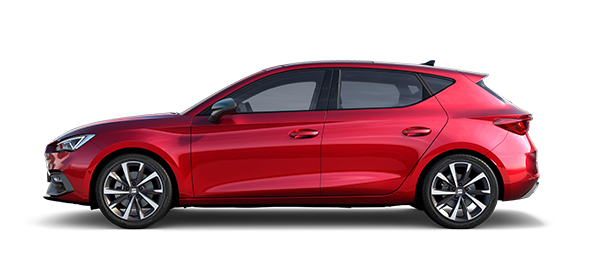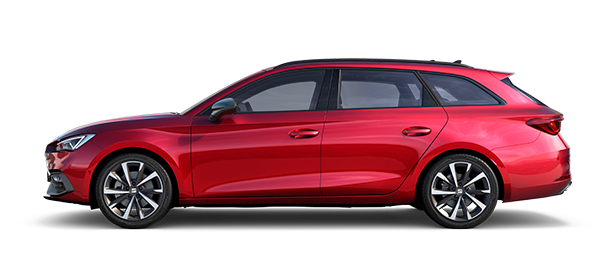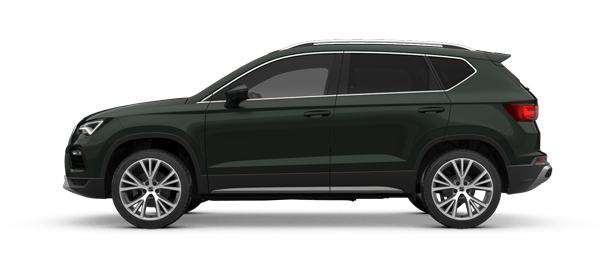Commercial vehicle leasing
More now than ever, businesses are turning to commercial vehicle leasing to satisfy their logistics requirements. Outright purchasing and ongoing maintenance of commercial vehicles is a huge financial consideration for any business.
Business lease cars and commercial vehicles remove the maintenance responsibility, as all servicing, tyres, and maintenance can be included in the lease contract price. The contract can be drawn up around the specific requirements of the vehicle, the anticipated mileage, tyre usage, and the duration of the agreement.
For businesses operating many vehicles, fleet leasing is a practical solution, allowing the company to focus on its core business without having to tie up resources in fleet management. There are also tax implications to vehicle ownership.
Owned vehicles are costly assets, and need to be depreciated over a period. Leased vehicles, on the other hand, generally qualify for tax incentives and rebates and require no depreciation.
SEAT is geared to vehicle leasing, whether personal long-term car lease or business lease cars.
